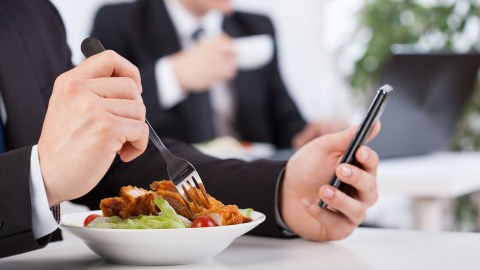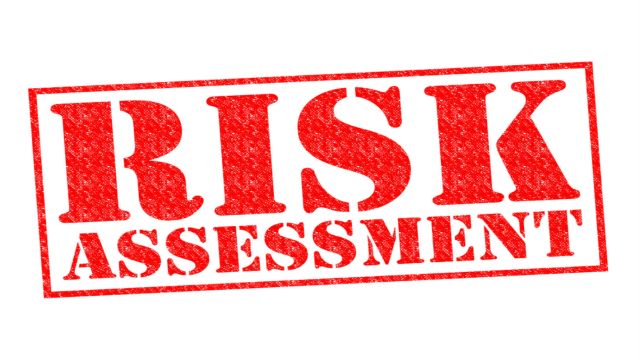Free Food Boosts Office Collaboration, But Has Workers Stay Longer

Everyone loves free food, no matter if you’re in college or a grown adult—it’s hard to resist a free meal. Corporations have taken note of this affinity by offering free lunches, booze, and breakfasts to help boost morale. Justin Parkinson and Luke Jones have noticed the trend in their article for the BBC, but question if there’s an ulterior motive to this generous giving.
Google has a rumored “150 feet” rule, which stipulates that no employee should further than that from a food station. Dan Cobley, Google’s UK and Ireland Managing Director, believes that these food stations help the staff interact with one another. Thus, encouraging staff to initiate more creative discussion away from their desks. But Sandi Mann, Senior Psychology Lecturer at the University of Central Lancashire, believes companies, like Google, get a better bargain out of the deal:
“Google, in particular, provides everything and that’s designed to keep you there, not just at your desk, but at work. At the extreme it makes you feel you need never go home. It’s a perk and people feel they want it. But it’s not a good thing if it means you haven’t got a life outside.”
Mann even goes so far as to accuse that companies may be using free food as a way to guilt workers to stay longer and work more hours in return for the company’s kindness:
“It’s the principle of reciprocity. If someone does something for you and you feel obliged to do something back. It’s the same principle that marketing people use when they give you free samples.”
Parkinson and Jones cite one man who was able to live off of Google’s generosity by living out of his car. In 2011, Ben Driscoe survived for 60 weeks on office perks after reading a Living At Google advice website, which states that: “The only thing they don’t give you is shampoo.”
One psychologist has a less cynical approach when looking at free food in offices. US psychologist Abraham Maslow says that by giving employees food you fulfill their most basic needs. Once the psychological burden of finding food and shelter are lifted, people are ready to build relationships with the people around them. Maslow surmises that by meeting people’s most basic “hierarchy of needs,” they can have more self-esteem in the office and have a feeling of fulfillment in working for the company.
What it comes down to is personal awareness. It’s great if a company offers you free bagels and coffee, but don’t let it come at the cost of your own free time. It’s ok to have a life outside the office.
Read more at BBC
Photo Credit: Photographee.eu/Shutterstock




